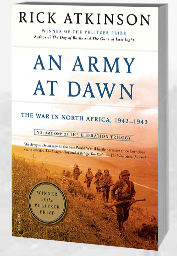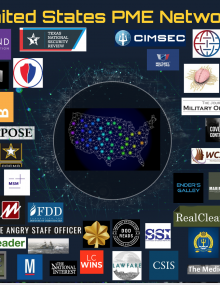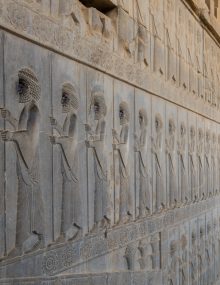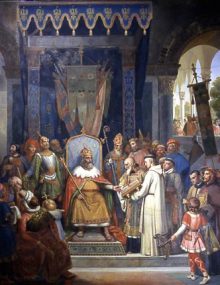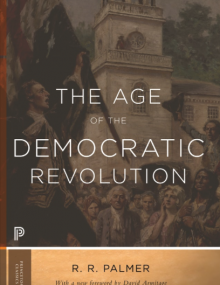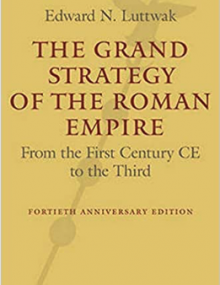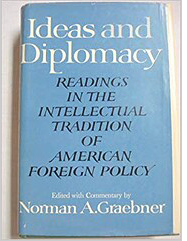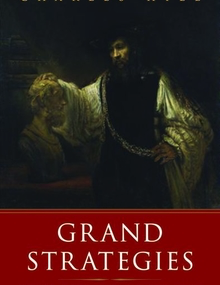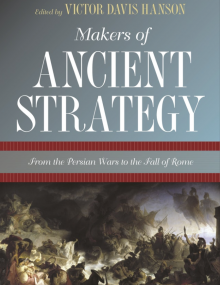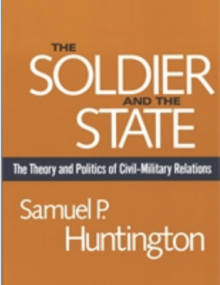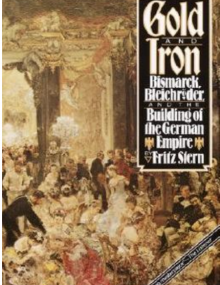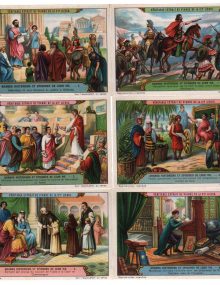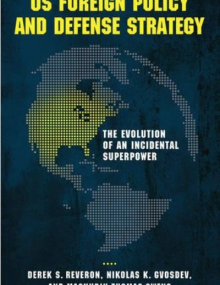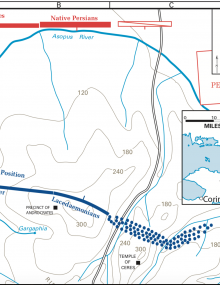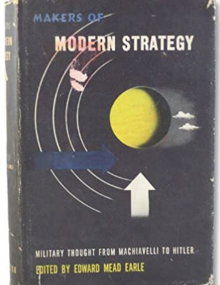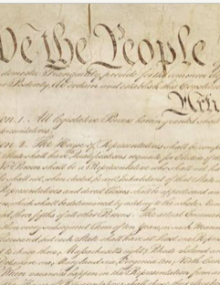
Document: Charters of Freedom
US FoundingWe the People of the United States, in Order to form a more perfect Union, establish Justice, insure domestic Tranquility, provide for the common defence, promote the general Welfare, and secure the Blessings of Liberty to ourselves and our Posterity, do ordain and establish this Constitution for the United States of America.
The Declaration of Independence, the Constitution, and the Bill of Rights, known collectively as the Charters of Freedom, have secured the rights of the American people for more than two and a quarter centuries and are considered instrumental to the founding and philosophy of the United States. They are both the product of strategic thinking, and also have continued to shape American strategic thinking for over two centuries.
Read More

